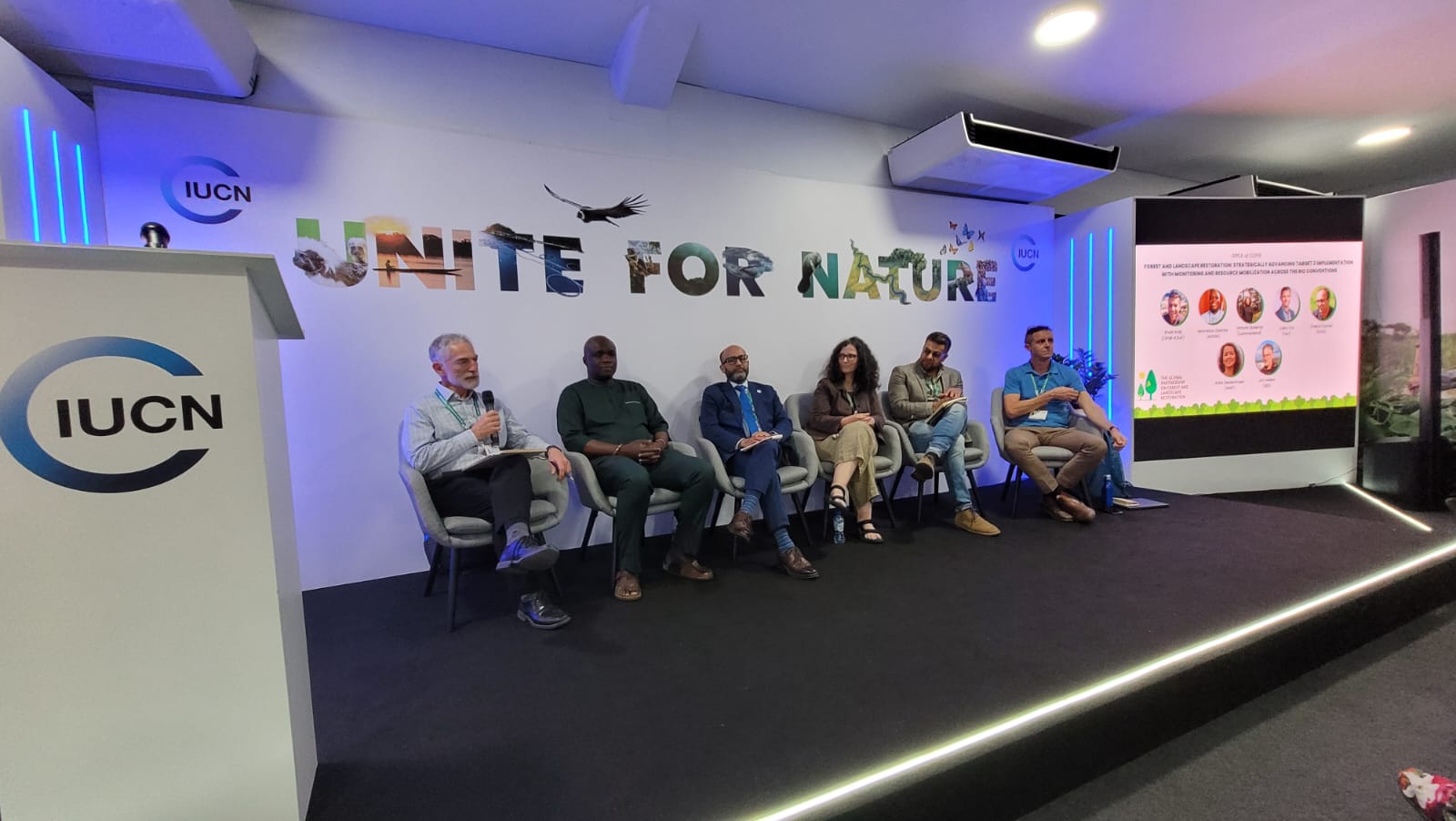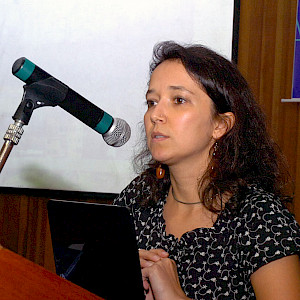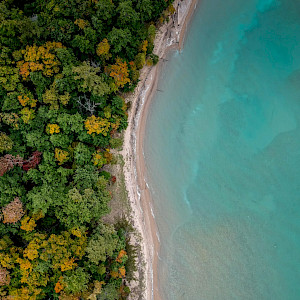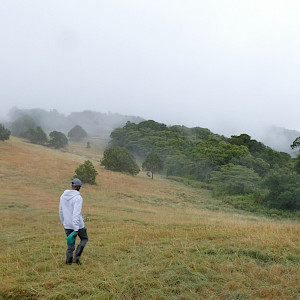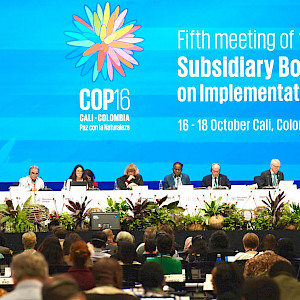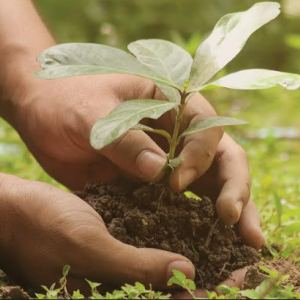The session “Forest and Landscape Restoration: Strategically Advancing Target 2 Implementation with Monitoring and Resource Mobilization Across the Rio Conventions”, organized by Global Partnership on Forest and Landscape Restoration at COP16, in Cali, Colombia, on Sunday, October 27th, brought GPFLR members to discuss the importance of landscape restoration and its role in achieving GBF Target 2 aligned to the UN Decade on Ecosystem Restoration — which aims to restore degraded ecosystems by 2030.
The chair, Anita Diederichsen, opened the session talking about the relevance of of the GPFLR and the importance of the six FLR’s principles — focus on landscape; engage stakeholders and support participatory; restore multiple functions for multiple benefits; maintain and enhance natural ecosystems within landscapes; tailor to the local context using a variety of approaches and manage adaptively for long-term resilience.
“FLR is all about regaining the ecological functionality of the landscape, but at the same time it promotes human well being", she said. Diederichsen also highlighted that all the GPFLR partners are building a pathway for high quality, which means following these principles. “If today we only stop with deforestation, we are not going to bend the biodiversity loss curve positively, we are just going to stop the curve. In order to really achieve a natural positive planet curve, we need to continue upscale forest landscape restoration”, she completed.
Next, the vice-chair, Jim Hallett, moderated the dialogue between Chetan Kumar (IUCN), Khalil Walji (CIFOR-ICRAF), Victoria Gutierrez (Commonland), Mamadou Moussa Diakhité (AFR100) and Julian Fox (FAO). Each of the panelists shared their organizations' contributions to landscape restoration and shared their opinions about the challenges, obstacles and financing modes.
Mamadou highlighted the importance of FLR’s implementation in Africa and how AFR100 is gathering the countries in this strategic regional initiative. “This is the first pillar (of AFR100): to sensitize and bring African governments and show them the interest of doing forest and landscape restoration. Of all the countries of Africa, today, we have 34 countries who have joined the AFR100”, he announced. Mamadou also emphasized the other landscape restoration benefits, like mitigation of climate change, fighting desertification routes, plus all the social economic benefits, like food security, and creating jobs.
Chetan Kumar shared with those present the three pillars of IUCN work: focus on enabling conditions, which is bringing together different sectors; public-private financing, and monitor and report. When citing IUCN's next steps, Chetan said that “One important part of our work is looking at developing investable projects, working with the farmers [...] We have an ambition of at least in the next 5 years, in 12 to 15 invested projects which can be the model that can be replicated both in landscapes, counties and other places”.
In a firm speech, Victoria Gutierrez said that she believes that “It is absolutely possible to reverse biodiversity loss by 2030, if we take an integrated landscape approach that addresses both the drivers of biodiversity loss and create multiple benefits for people in nature in a synergistic way". At Commonland they refer to these multiple benefits as the 4 Returns — hope, social networks, biodiversity and economic value. "And I think governments have a very important role to play in supporting landscape restoration by recognizing the role that landscapes partnerships play in sustaining landscape restoration for the long term, but also in integrating landscapes into the national strategy and actions plans", she said.
Khalil Walji reminded us that the degradation equation is not in our favor, and it is fast, which means the action needs to be taken now. When answering a question, Walji recalled the theme of this year's COP: Peace with Nature. “The theme of the COP this year is how do we find peace with nature. And the truth is that we haven't. We haven't found ways to actually be at peace with nature, to bend the curve. I don't think we can necessarily fear the political backlash. We have to be aware of, but we have to do things differently, and doing things differently means that we are going to be challenging the status quo, and that always comes with a risk".
Julian Fox thinks we have to focus on restoring a productive ecosystem. When mentioning the meaningful work of FAO and the importance of maintaining the landscape, Fox said "Restoration and ecosystem restoration is a great solution to actually repair the production of degraded agricultural areas".

